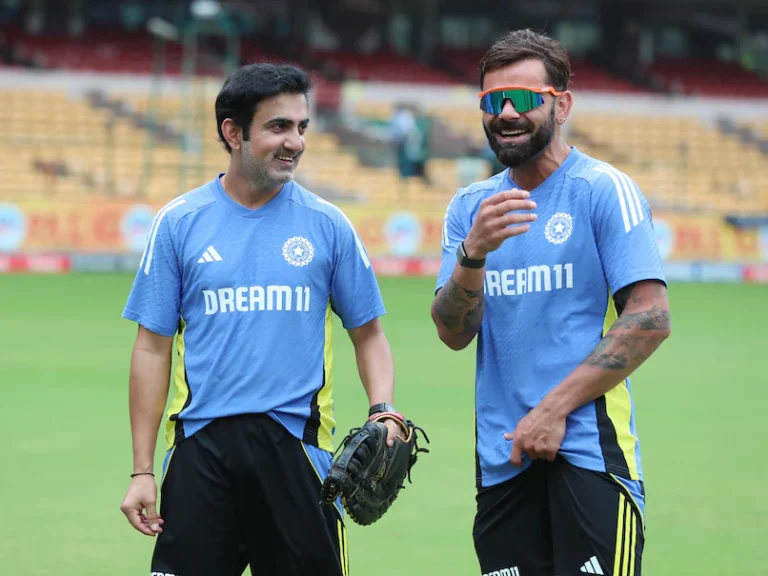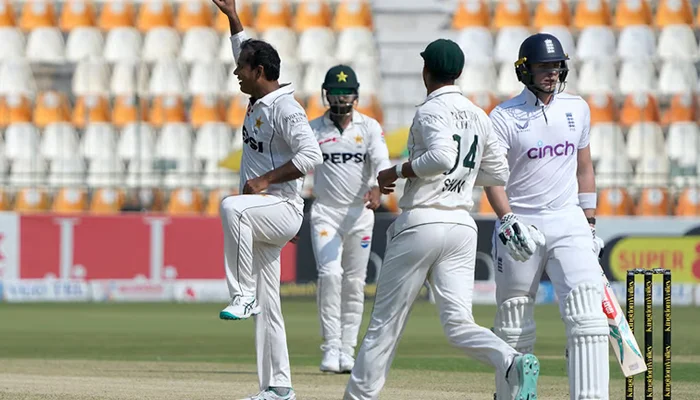
Fast bowler Mohammad Amir has stepped up to defend former captain Babar Azam, addressing the wave of criticism directed at him following recent performances. Taking to the social media platform X, Amir delivered a pointed message, calling out critics for their personal attacks on Babar and emphasizing the importance of constructive criticism.
Standing Against Personal Attacks
In his message, Amir stated that while it is acceptable to discuss and critique players’ performances, crossing the line into personal attacks is simply unacceptable. He highlighted that the narrative suggesting Babar Azam was not part of the team or that he wasn’t a competent player is fundamentally misguided. According to Amir, the team’s recent success stems from strategic planning and effectively leveraging home ground advantages, rather than placing blame on individual players.
Recent Team Dynamics
The debate surrounding Babar’s performance has intensified following Pakistan’s recent matches against England. In the second Test, which saw Pakistan bounce back to win by 152 runs, Babar, along with key players Naseem Shah and Shaheen Afridi, was not included in the squad. This absence led to speculation and criticism about Babar’s role in the team and his leadership capabilities.
Despite the challenges, Amir emphasized that personal comments about players should be avoided. “It’s okay to critique their performance,” he noted, “but we should not cross into personal attacks.” His remarks resonate with the sentiment among many fans and former players who advocate for a more supportive environment for athletes facing the pressures of international cricket.
Context of the Series
The first Test match between Pakistan and England ended in a disappointing loss for Pakistan by an innings and 47 runs, raising questions about the team’s direction. However, the subsequent victory in the second Test has provided a much-needed morale boost. Amir’s defense of Babar Azam comes at a crucial time, as the team seeks to regroup and find its footing in the series, which is currently tied at 1-1.
Conclusion
As the cricketing community continues to discuss the performances of individual players, Mohammad Amir’s call for respect and restraint is a timely reminder of the pressures athletes face. By advocating for constructive criticism rather than personal attacks, Amir is championing a culture of support that could benefit players like Babar Azam as they navigate the highs and lows of international cricket. With the series poised for a decisive final Test, the focus will undoubtedly remain on how the team collectively performs, rather than on individual shortcomings.






